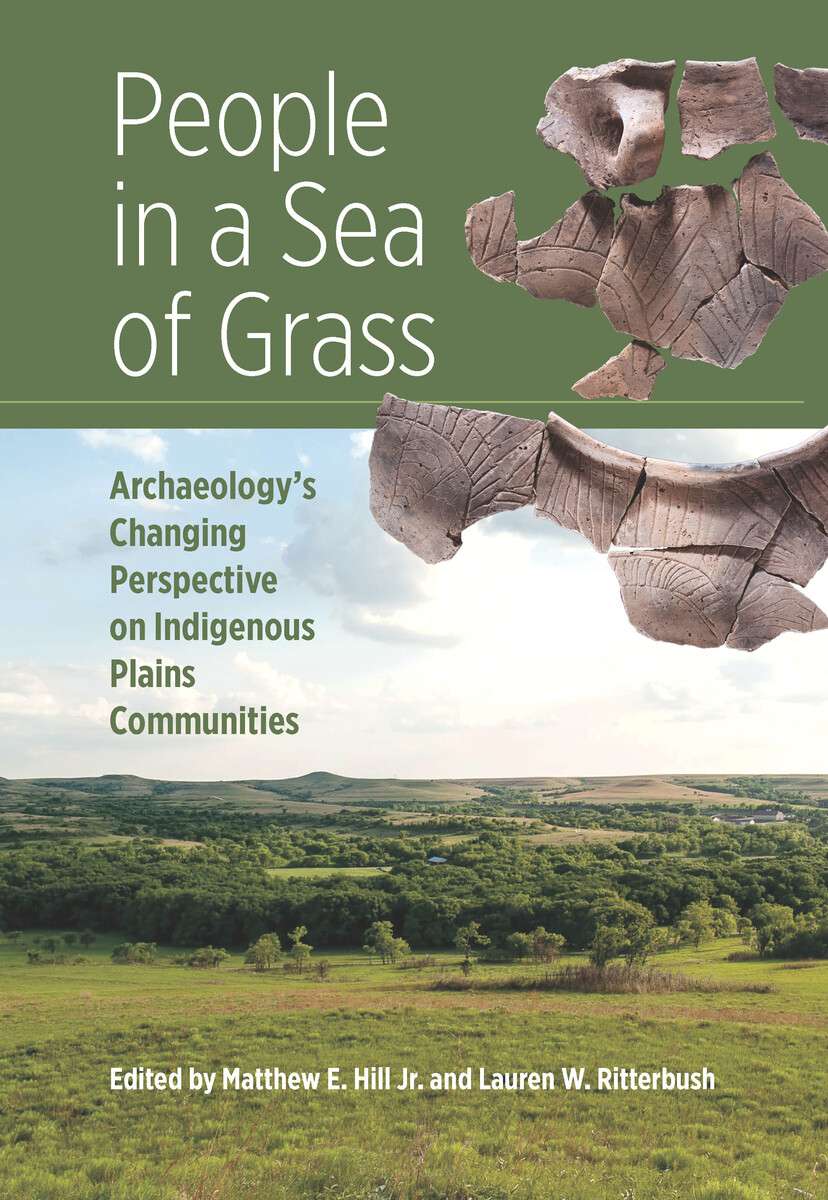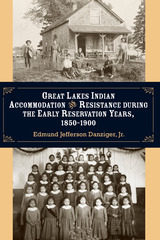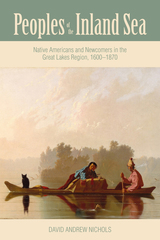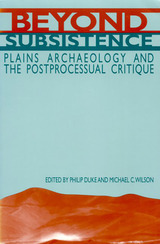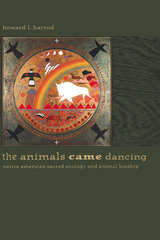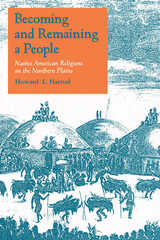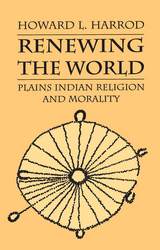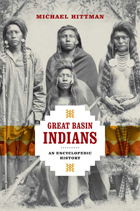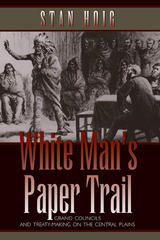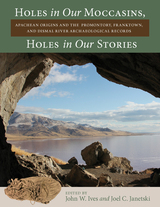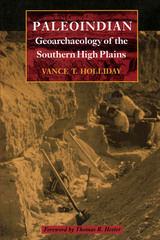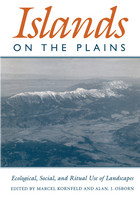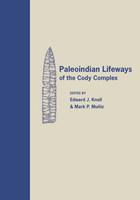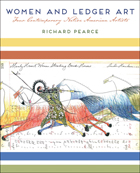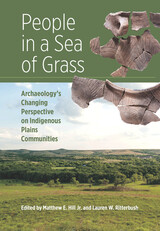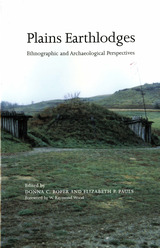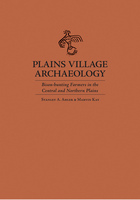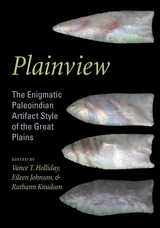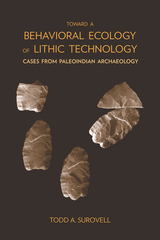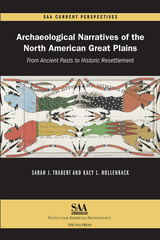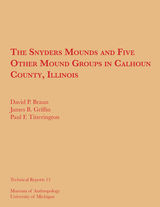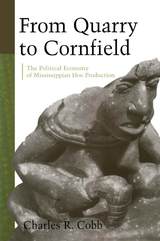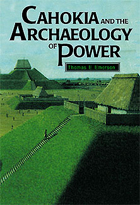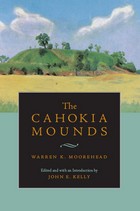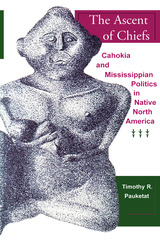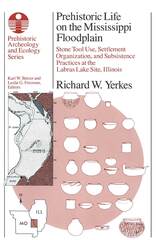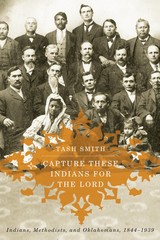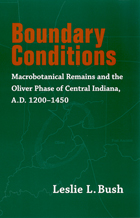People in a Sea of Grass: Archaeology's Changing Perspective on Indigenous Plains Communities
University of Utah Press, 2021
Cloth: 978-1-64769-020-5 | eISBN: 978-1-64769-021-2
Library of Congress Classification E78.G73P39 2021
Dewey Decimal Classification 978.01
Cloth: 978-1-64769-020-5 | eISBN: 978-1-64769-021-2
Library of Congress Classification E78.G73P39 2021
Dewey Decimal Classification 978.01
ABOUT THIS BOOK | AUTHOR BIOGRAPHY | REVIEWS | TOC | REQUEST ACCESSIBLE FILE
ABOUT THIS BOOK
Ninety years ago Great Plains archaeologists such as Waldo Wedel and William Duncan Strong made foundational contributions to American archaeology, enabling new discoveries, insights, and interpretations. This volume explores how twenty-first-century archaeologists have built upon, remodeled, and sometimes rejected the inferences of these earlier scholars with updated overviews and analyses.
Contributors highlight how Indigenous Plains groups participated in large-scale social networks in which ideas, symbols, artifacts, and people moved across North America over the last 2,000 years. They also discuss cultural transformation, focusing on key demographic, economic, social, and ceremonial factors associated with change, including colonization and integration into the social and political economies of transatlantic societies. Cultural traditions covered include Woodland-era Kansas City Hopewell, late prehistoric Central Plains tradition, and ancestral and early historic Wichita, Pawnee and Arikara, Kanza, Plains Apache, and Puebloan migrants. As the first review of Plains archaeology in more than a decade, this book brings studies of early Indigenous
peoples of the central and southern Plains into a new era.
Contributors highlight how Indigenous Plains groups participated in large-scale social networks in which ideas, symbols, artifacts, and people moved across North America over the last 2,000 years. They also discuss cultural transformation, focusing on key demographic, economic, social, and ceremonial factors associated with change, including colonization and integration into the social and political economies of transatlantic societies. Cultural traditions covered include Woodland-era Kansas City Hopewell, late prehistoric Central Plains tradition, and ancestral and early historic Wichita, Pawnee and Arikara, Kanza, Plains Apache, and Puebloan migrants. As the first review of Plains archaeology in more than a decade, this book brings studies of early Indigenous
peoples of the central and southern Plains into a new era.
See other books on: Grass | Great Plains | Paleo-Indians | People | Sea
See other titles from University of Utah Press
